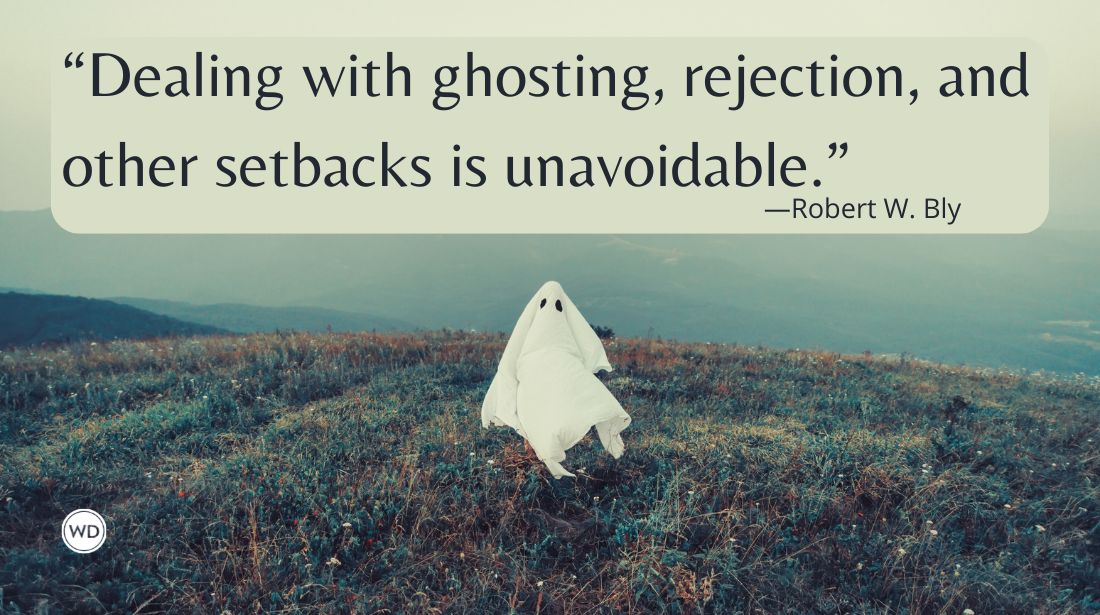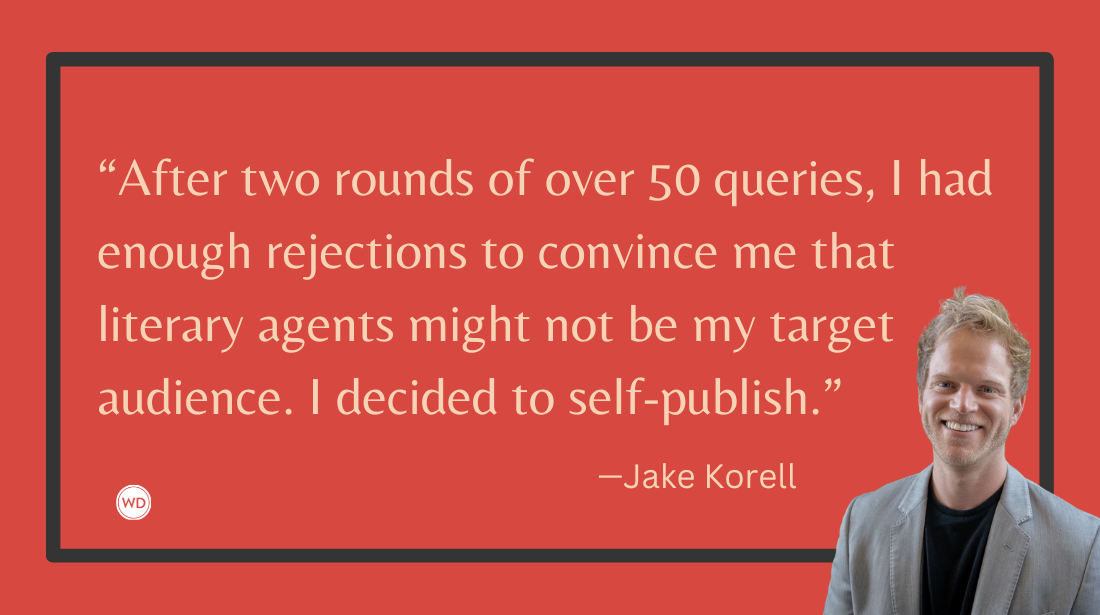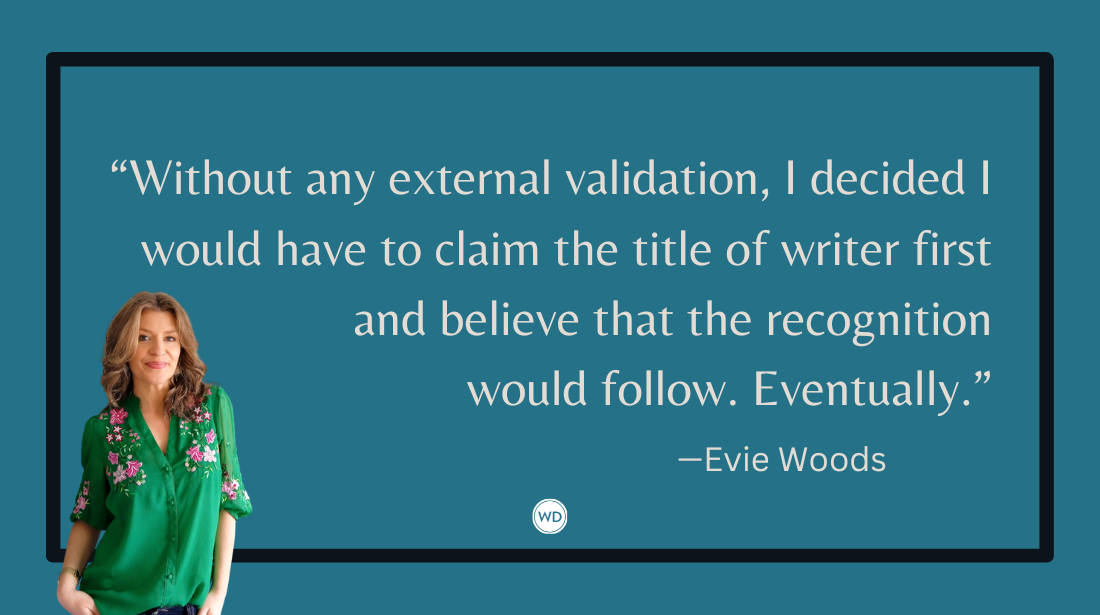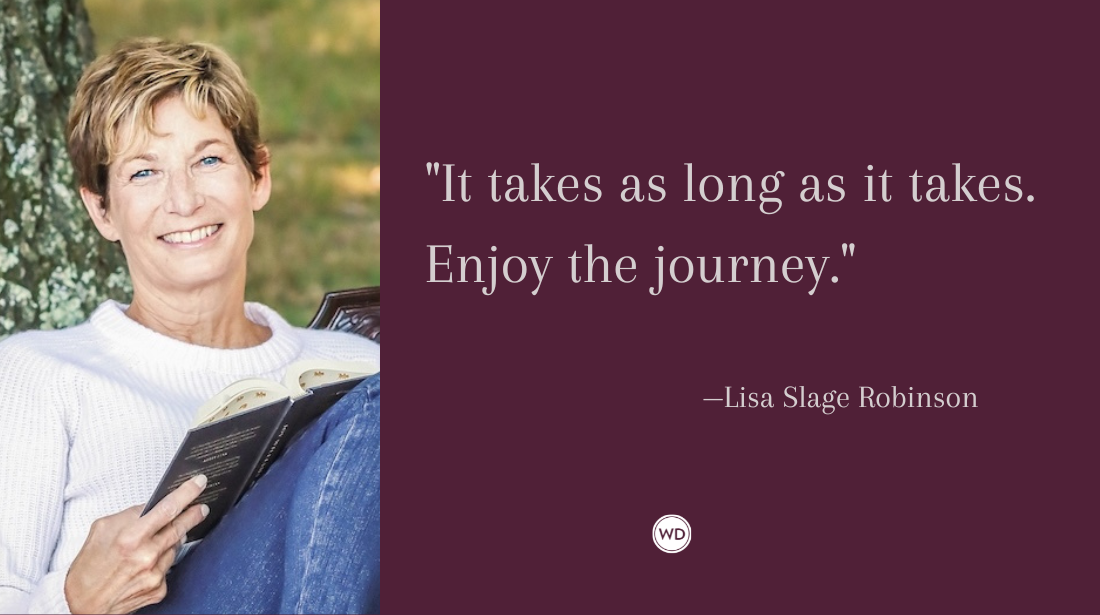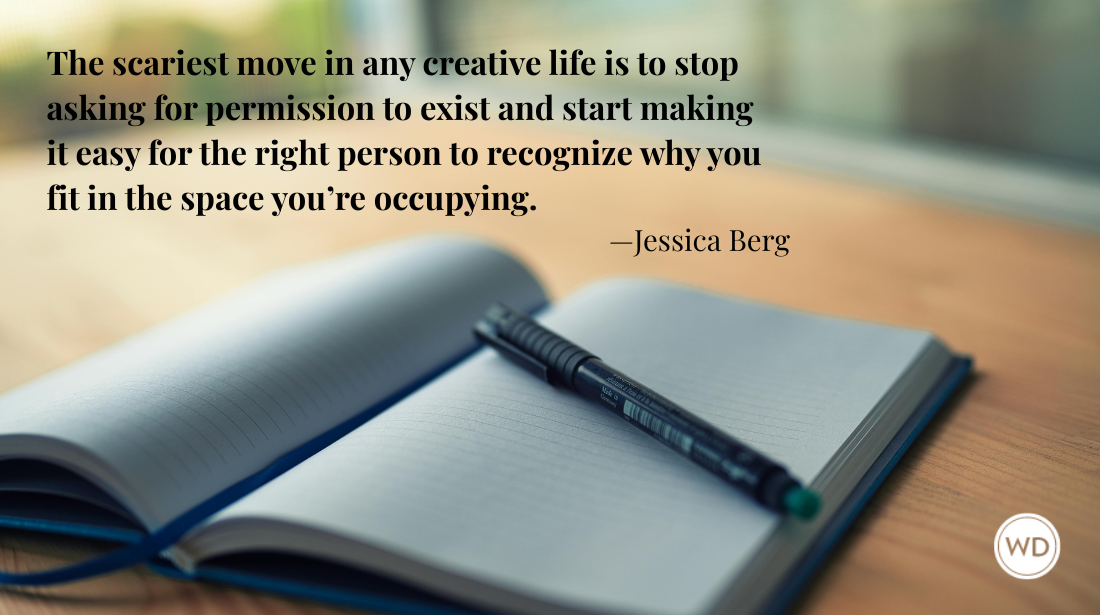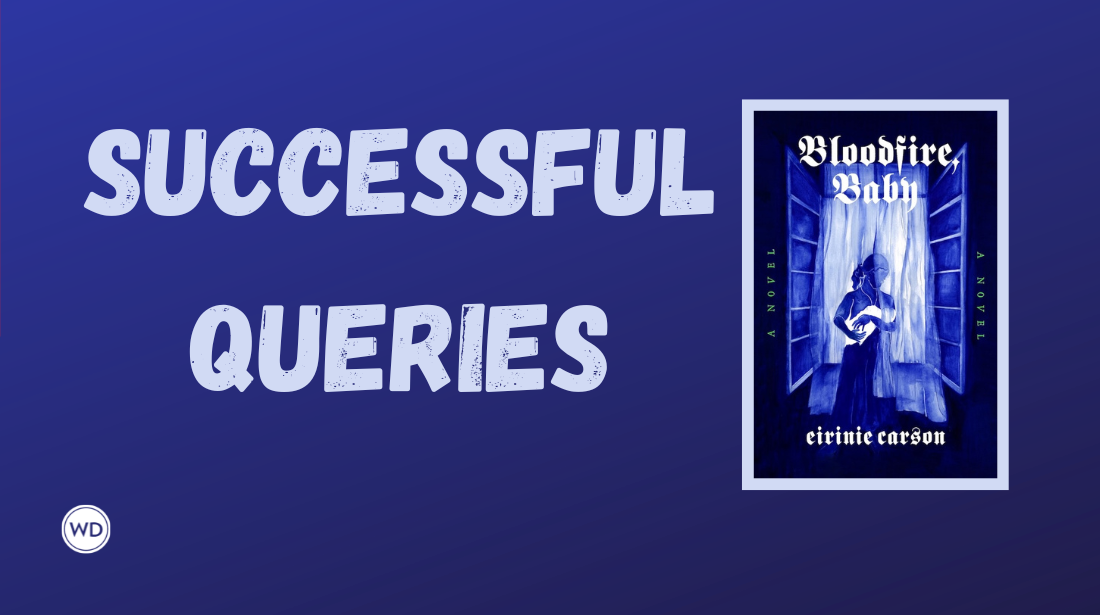Media-Savvy Author: Video Storytelling, Bringing Your Book to Life
Media coach Paula Rizzo helps you become a more media-savvy author by sharing 5 ideas for creating video content about your fiction or nonfiction writing.
Video is one of the most important tools for authors who want to get the word out about their book. It’s unbeatable when it comes to making a lasting connection. Video gives people a chance to really connect with you and your message, whether you’re launching a book or keeping the momentum going afterward. It’s as close to the power of face-to-face connection as you can get using technology.
We all know this intuitively. But when it comes to actually producing content, many authors feel stuck. If you’re in that boat, you’re not alone. Many of my media-training clients tell me that they want to do video, but they can’t think of anything to talk about.
I always tell them, “You just wrote a whole book’s worth of content!” The challenge is finding ways to translate and repurpose that content for video.
Here are five ways to use video storytelling to bring your book to life.
1. Go chapter-by-chapter and create one video about each topic.
This prompt works whether you’re a fiction or nonfiction author. Consider deep-dives into the tips, message, plot and character development, and background information for each chapter. You’re not trying to summarize each chapter here—and no need to get into “spoilers.” Pick one thing that stands out from the chapter and use that as your focus.
2. Interview the people in your book that you quoted and start a podcast or limited video series.
You’ve probably conducted quite a few interviews with experts if you write nonfiction—and they almost certainly had a lot more to say than you could fit in your book. Bringing those experts onto a podcast or limited video series and interviewing them about their work can give your readers more context and extra information that will help them engage with your book. I teach a whole class on how to go live on video if you’re not sure how to do it.
If you’re a fiction writer, your approach might be slightly different. If you did historical research, you could turn to those people and ask them if they’d like to come on your show. If not, you might think about connecting with your network of writers and inviting them on your podcast to chat about topics relevant to both of your books.
3. Turn your book into an online course with lessons.
If you wrote a nonfiction book, you can often use your book as a launching pad for an online course with lessons related to your area of expertise. This idea works for authors of many genres, from history to cooking. I did this myself—as a productivity expert and media trainer, I have lots of courses about my areas of expertise, from developing better note-taking skills to becoming a go-to media expert.
Making courses helps people become more familiar with the content of your books. It also helps establish you as a trusted expert.
4. Do a deep-dive on a character.
If you’re a fiction writer, give your readers a peek behind the curtain and tell them more about the evolution of a specific character in your book. Did the main character change from your first draft to published edition? How did you come up with their name or backstory?
If you’re a nonfiction writer, this approach can work for you too if your book includes fascinating people whose complete stories didn’t fully fit in your book. It’s like the bonus chapters that used to come with DVDs. (Did I just date myself?)
Telling these stories can help people get a sense of the “world” of your book and will whet their appetite for more.
5. Get video testimonials from people who have used the methods in your book and share them.
Nonfiction writers often offer methods, whether that’s a meditation routine or set of healthy-yet-simple recipes. Find the people who have tried your methods and ask them if they’d be comfortable filming a short video testimonial. Sharing those videos can make a powerful impression. Plus, they’ll give your readers a taste of the benefits of reading your book.
No matter your genre, video is an essential tool for making lasting connections with your readers. And it’s essential for building your platform as an author. So take a look at your book, think about your approach, and start recording!
Paula Rizzo is an Emmy Award-winning television producer, bestselling author of Listful Thinking & Listful Living, media-training coach, speaker, LinkedIn Learning Instructor, host of the live-stream show “Inside Scoop,” and creator of the popular online training Media-Ready Author. Grab Paula’s free guide, 10 Media Questions Every Author Needs to Answer, to create buzz for your book.




